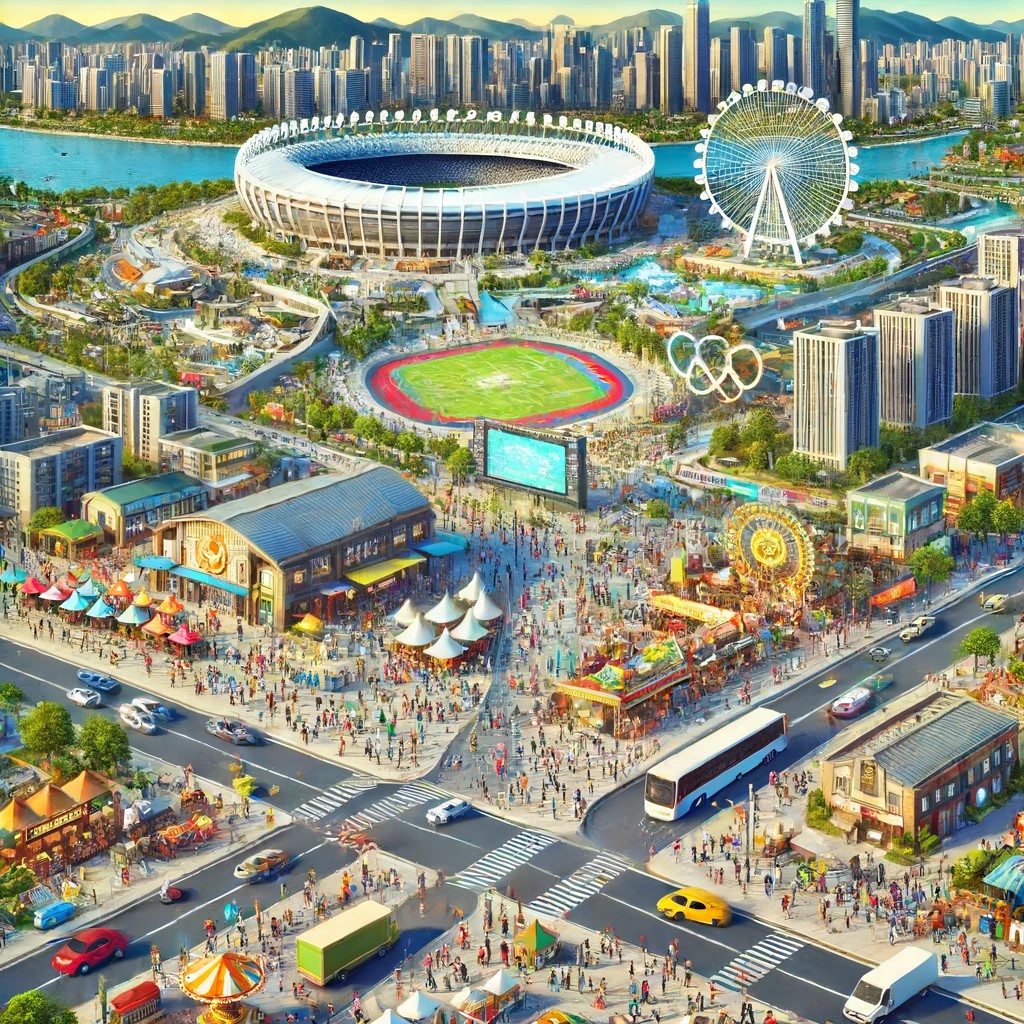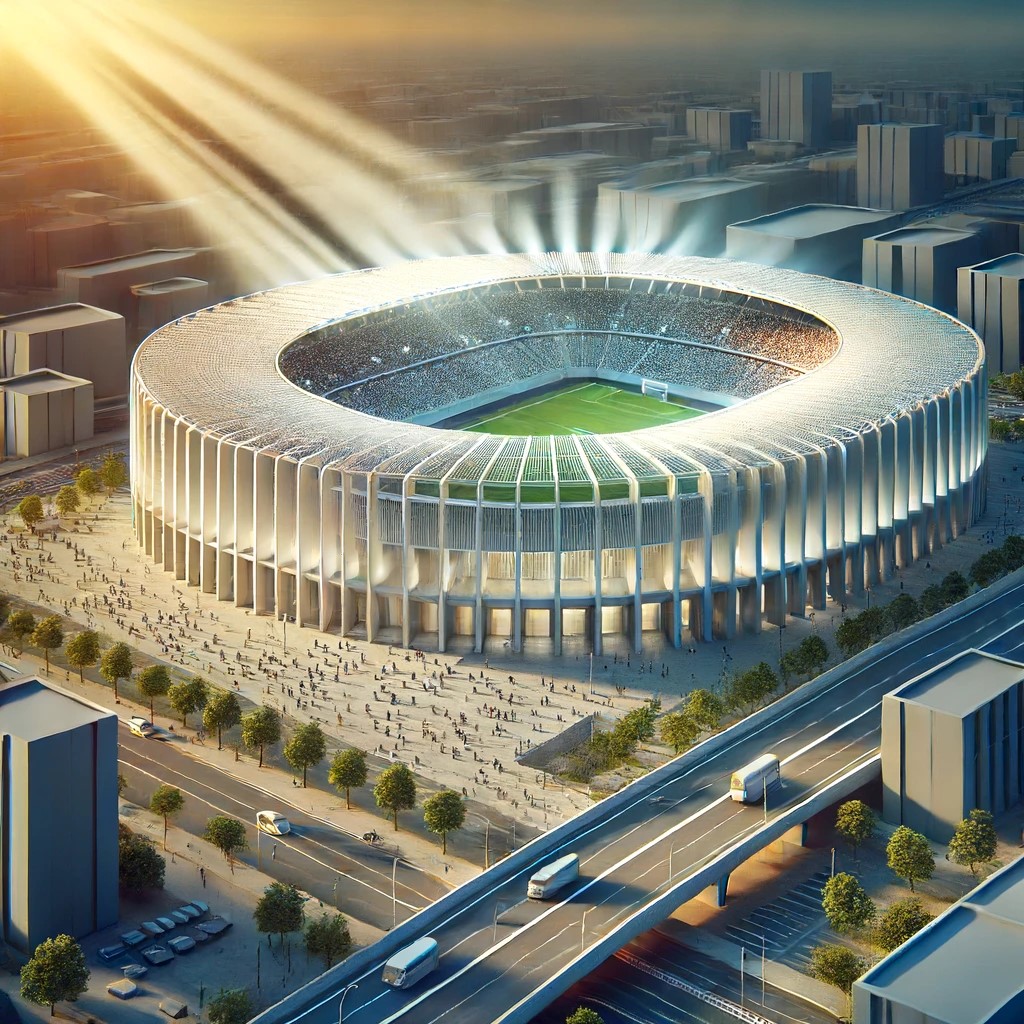Analyzing the Economic Impacts of Major Sporting Events
Major sporting events have long been heralded as catalysts for economic growth, attracting global audiences and injecting substantial sums into local economies. From the Olympics to the FIFA World Cup, these events promise a boost in tourism, job creation, and urban development. However, the true economic impact of these grand spectacles is a topic of ongoing debate, with both positive outcomes and critical challenges emerging from their analysis.

Current Trends in Economic Impact
The allure of hosting a major sporting event lies in its potential to draw international tourists, leading to increased spending in hospitality, transportation, and retail sectors. Cities like Rio de Janeiro and London, which hosted the Olympics in 2016 and 2012 respectively, witnessed a significant influx of visitors, boosting local businesses and creating temporary jobs. The ripple effect of such events can also spur long-term tourism as they put host cities on the global map.
However, the financial benefits are often counterbalanced by the immense costs associated with hosting these events. The budgets for organizing committees have ballooned, with the Tokyo 2020 Olympics costing over $15 billion, much higher than initial estimates. This financial burden can strain public resources and lead to long-term debt, particularly if the projected economic gains do not materialize as expected.

Challenges and Criticisms
Another critical challenge is ensuring that the infrastructure built for the events remains useful post-event. Many host cities struggle with "white elephant" projects—expensive facilities that are rarely used after the event. The Bird's Nest stadium in Beijing, built for the 2008 Olympics, is a notable example of a grand structure that has seen limited use since.
Future Predictions
Looking ahead, the economic impact of major sporting events is likely to be shaped by more strategic planning and sustainability initiatives. Host cities are increasingly focusing on legacy planning to ensure that investments benefit the community in the long term. The Paris 2024 Olympics, for example, emphasizes sustainability, with plans to use existing facilities and temporary structures to minimize environmental impact and avoid underutilized infrastructure.
Technological advancements are also expected to play a significant role. Digital innovations such as virtual and augmented reality can enhance the viewing experience for global audiences, potentially increasing revenue from broadcasting rights and sponsorships. Additionally, smart city technologies can improve the efficiency of urban infrastructure, ensuring that investments continue to provide value after the event.

Furthermore, the concept of regional hosting is gaining traction. Instead of concentrating all events in one city, spreading them across multiple locations can distribute economic benefits more evenly and reduce the financial burden on a single host.
Conclusion
The economic impacts of major sporting events are multifaceted, offering both opportunities and challenges. While these events can stimulate local economies, attract global attention, and drive urban development, they also pose significant financial risks and social disruptions. As we move forward, strategic planning, sustainability, and technological innovation will be key to maximizing the economic benefits and ensuring that major sporting events leave a positive and lasting legacy.






